Blogs
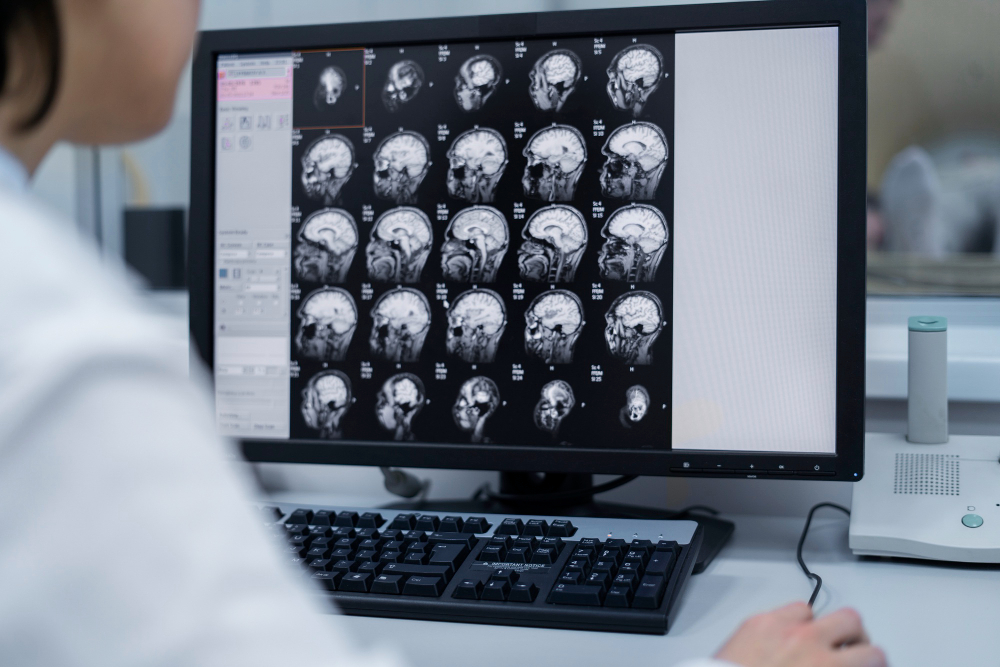
Types of Brain Strokes: A Complete Guide for the General Public
Introduction Brain strokes are serious medical emergencies. They happen when blood flow to the brain stops or is blocked. Understanding the types of brain strokes

Migraine Relief Starts with Small Changes: Recognizing Triggers You May Be Ignoring
Introduction Migraine triggers you ignore can make a big difference in your daily life. Many people overlook simple habits or changes that may cause headaches.

How Weather Changes Can Affect Parkinson’s Symptoms and What You Can Do
Introduction Parkinson’s disease is a brain disorder that affects movement. It often causes tremors, stiffness, and slow movements. Many people wonder about the impact of
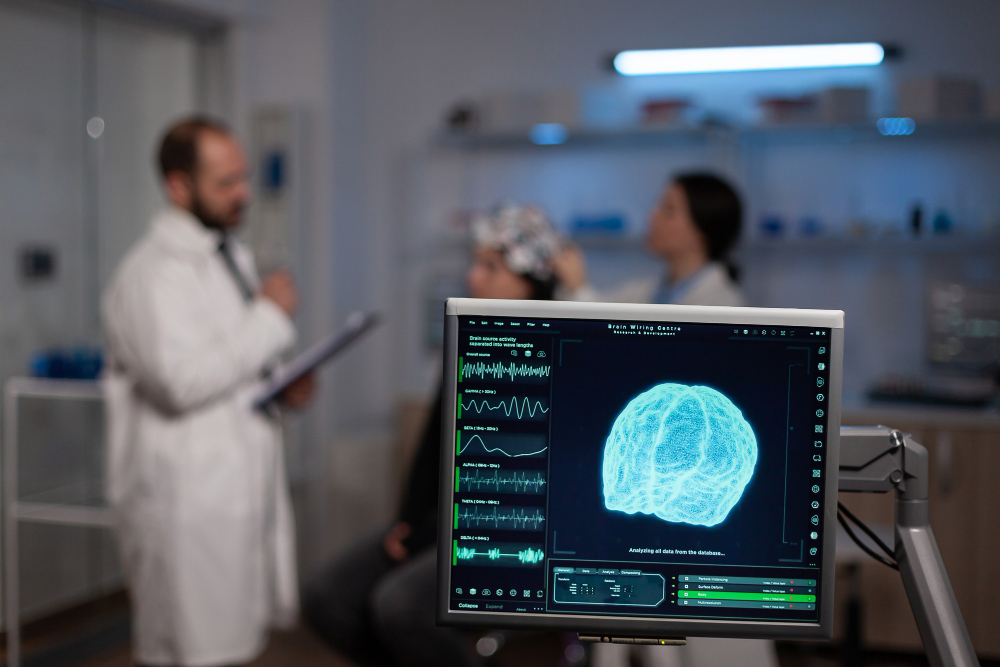
Understanding Prion Diseases: How They Start, Spread & Are Managed
Introduction Prion diseases are rare brain disorders that affect both humans and animals. These neurodegenerative conditions, such as Creutzfeldt-Jakob disease, can cause serious health problems.
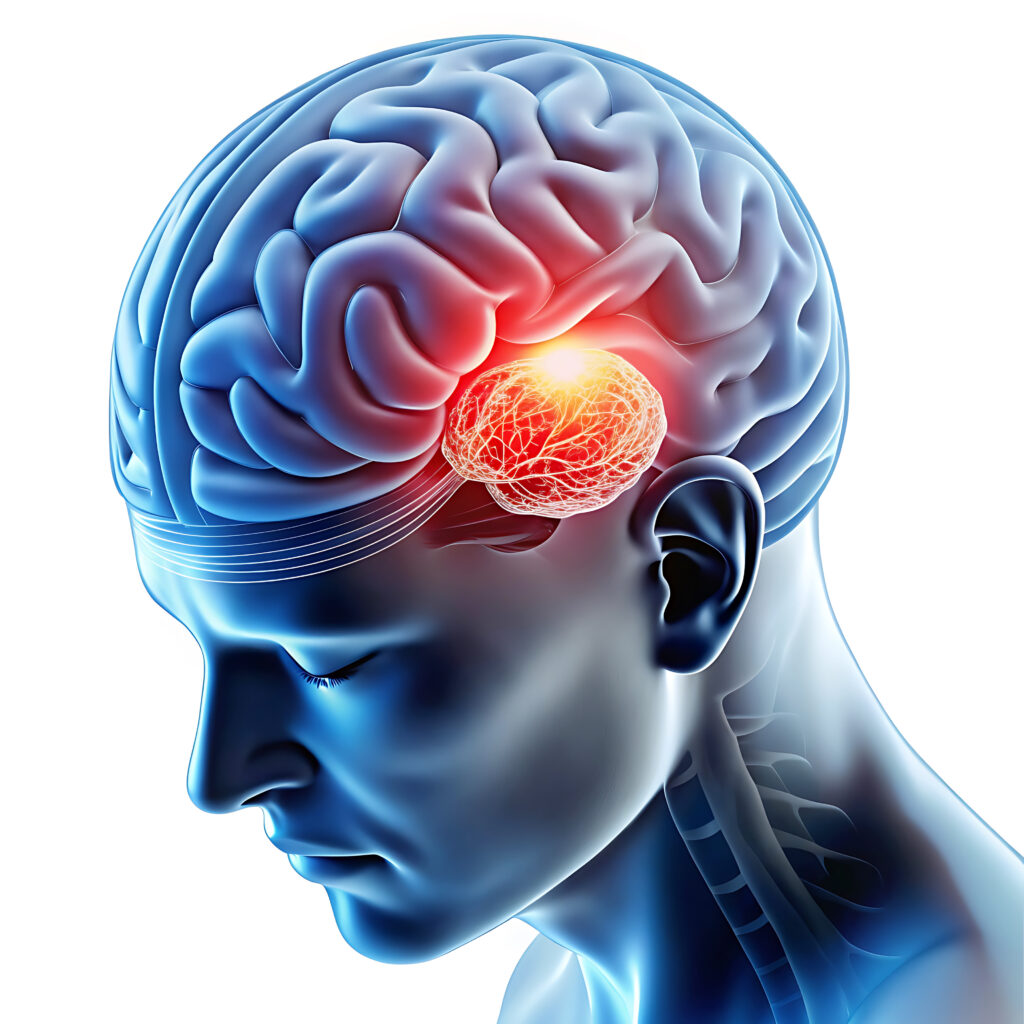
Understanding Stroke: Symptoms, Causes, Diagnosis, Treatment, and Prevention
What is a Stroke? A stroke happens when blood flow to part of the brain stops. Without blood, brain cells can die within minutes. Because
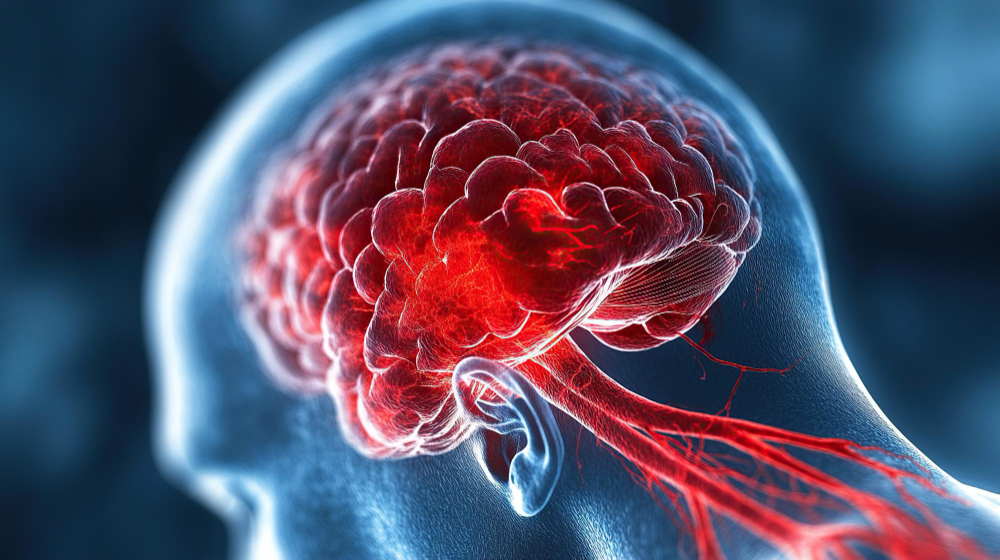
From Symptoms to Prevention: Everything You Need to Know About Stroke
Stroke is a serious medical condition that affects millions of people worldwide. It happens when blood flow to the brain is blocked or reduced. As
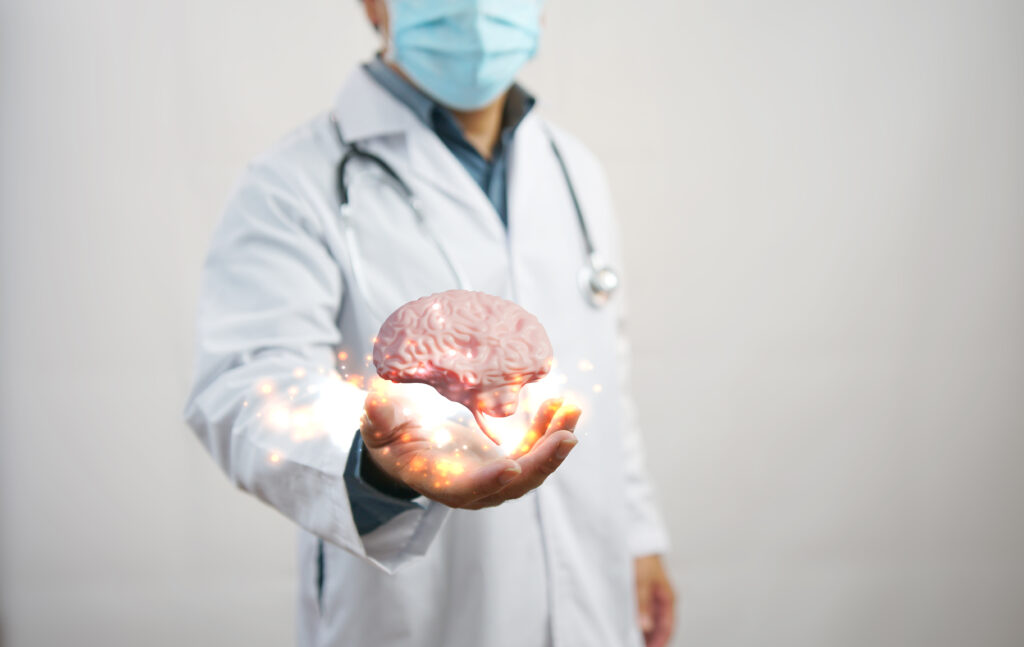
Brain Hemorrhage: Understanding Symptoms, Causes, and Life-Saving Treatment Options
What is a Brain Hemorrhage? A brain hemorrhage is a type of stroke. It happens when a blood vessel in the brain bursts and bleeds.

Understanding Cardiac Arrest: Causes, Symptoms, Diagnosis, and Treatment
What is Cardiac Arrest? Cardiac arrest is a sudden loss of heart function. When this happens, the heart stops pumping blood to the body. As
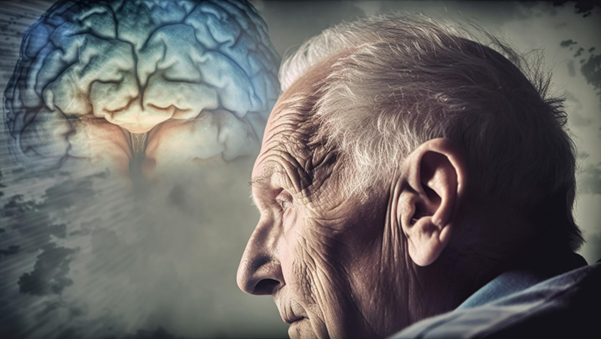
Alzheimer’s Disease: Know More
Alzheimer’s disease is a neurological disorder that slowly destroys thinking and memory skills and, gradually, the ability to carry out the simplest tasks. Warning symptoms:
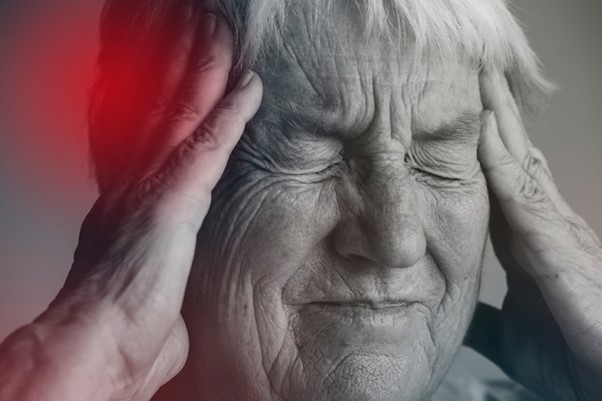
Epilepsy: What You Need to Know?
It is estimated that 70% of people with epilepsy could live seizure-free if accurately diagnosed and treated. Epilepsy is a chronic brain condition affecting around

Know About Bell’s Palsy
Bell’s palsy occurs because of damage to the facial nerve. It causes a temporary weakness or paralysis of the facial muscles and affects one side

Migraine-Friendly Foods: Your Path to Relief
Managing migraines often involves making mindful dietary choices. Certain foods can trigger or exacerbate migraine headaches, while others offer relief and support. In this blog,

Simple Exercises to Alleviate Migraines Naturally
Migraine headaches can disrupt daily life, but simple exercises can offer natural relief without the need for medication. In this blog, we’ll explore a variety

Parkinson’s Disease: A Comprehensive Guide for Patients and Caregivers
Parkinson’s Disease (PD) is a neurodegenerative disorder that affects movement and is characterized by symptoms such as tremors, stiffness, and difficulty with balance and coordination.

Know More About Parkinson’s Disease
Parkinson’s disease is an age-related brain disorder in which the parts of the brain deteriorate, eventually leading to unintended body movements such as tremors, shaking,

Know About Lower Back Pain
Lower back pain is the common complaints in everyone’s life. It gets better on its own; however, your doctor would suggest several effective treatments if

Neck Pain: The Most Common Problem
Neck pain is a common medical condition that causes discomfort in the neck, shoulders, and upper back. It can range from mild to severe and

Disc Bulge: What Is It?
A condition in which the outer wall of the disc weakens, resulting in a bulge that can press on adjacent nerves or other structures in

All About Sciatica
Sciatica is a condition that results from compression or irritation of the sciatic nerve, which is the longest and widest nerve in the body. It

Degenerative Disc Disease: What is It?
Symptoms of Degenerative Disc Disease Causes of Degenerative Disc Disease Diagnosis of Degenerative Disc Disease Treatment for Degenerative Disc Disease Treatment typically begins with conservative
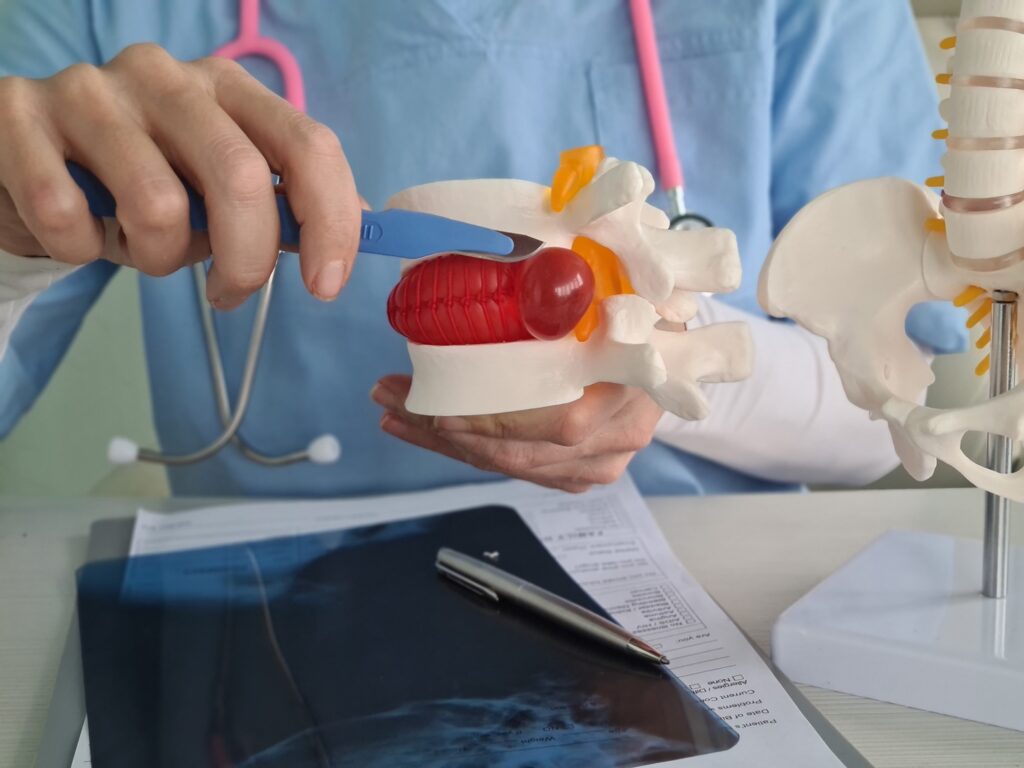
What is Endoscopic Thoracic Discectomy?
Endoscopic thoracic discectomy is a minimally invasive surgical procedure. It is used to treat pain caused by a herniated disc (bulged, slipped, or ruptured disc)

Know About the Basics of Spine Trauma
Spine trauma is a type of physical injury to the spine, which is the flexible, bony structure that supports the body and provides the main

Spinal Stenosis: What Is It?
Spinal stenosis is the decrease in the diameter of the spinal canal which causes irritation of the spinal cord or nerve roots The 33 vertebrae

Understanding Epilepsy: A Comprehensive Overview
Epilepsy is a neurological disorder that has intrigued and puzzled scientists, doctors, and individuals for centuries. Often misunderstood and shrouded in myths, epilepsy is a
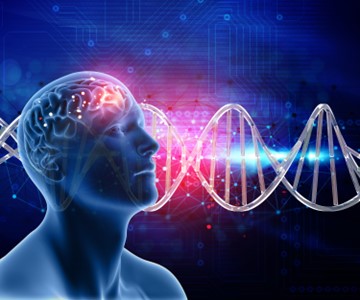
Empowering Life with Epilepsy: Special Steps for a Brighter Journey
Living with epilepsy brings unique challenges that can be met with special measures, ensuring safety, well-being, and a fulfilling life. Epilepsy, marked by recurring seizures,

Epilepsy: What You Need to Know?
It is estimated that 70% of people with epilepsy could live seizure-free if accurately diagnosed and treated. Epilepsy is a chronic brain condition affecting around
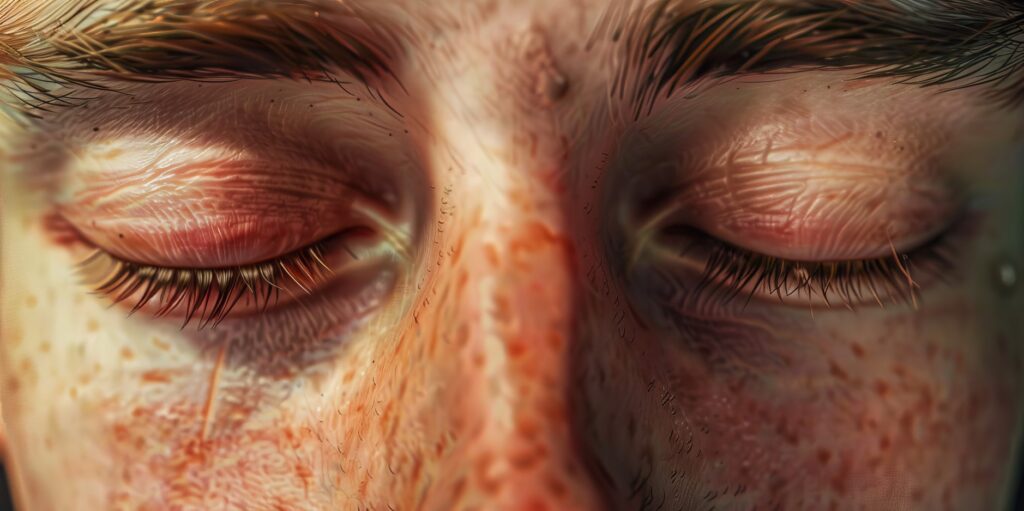
Myasthenia Gravis
Symptoms of Myasthenia Gravis Early detection is key to managing this condition. Causes of Myasthenia Gravis Myasthenia gravis is caused by an autoimmune response that

Unmasking Bell’s Palsy: Understanding the Paralysis Behind the Mask
Imagine waking up one morning to find that half of your face is suddenly drooping, your smile is lopsided, and you can’t blink one eye

10 Early Signs and Symptoms of Alzheimer’s Disease
Alzheimer’s disease is a neurodegenerative disorder that affects the brain cells responsible for memory and cognitive function. This progressive disease typically starts with mild memory

Understanding Bell’s Palsy: Causes, Symptoms, and Treatment Options
Bell’s palsy occurs because of damage to the facial nerve. It causes a temporary weakness or paralysis of the facial muscles and affects one side

10 Easy Home Remedies for Migraine Relief
Migraine headaches can be tough to handle, but there are simple and natural ways to find relief. Check out these 10 home remedies that might
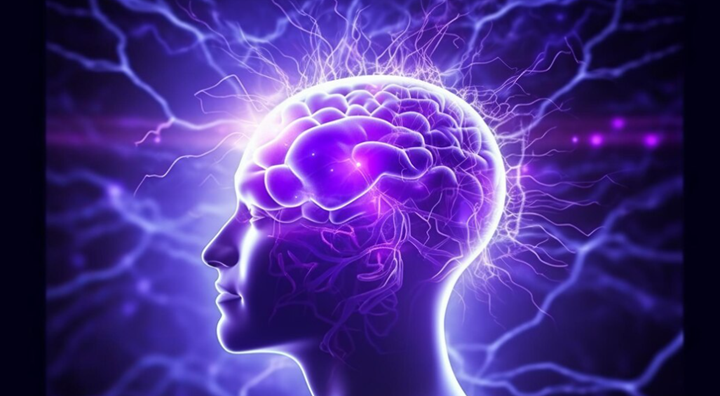
Epilepsy: Understanding Seizures
Epilepsy, a chronic brain condition, involves recurring seizures, often referred to as fits. These seizures result from altered electrical activity within the brain and can

The Fading Mind: Understanding Dementia
Dementia is a complex and debilitating condition that affects millions of people worldwide. As the population ages, the prevalence of dementia continues to rise, making
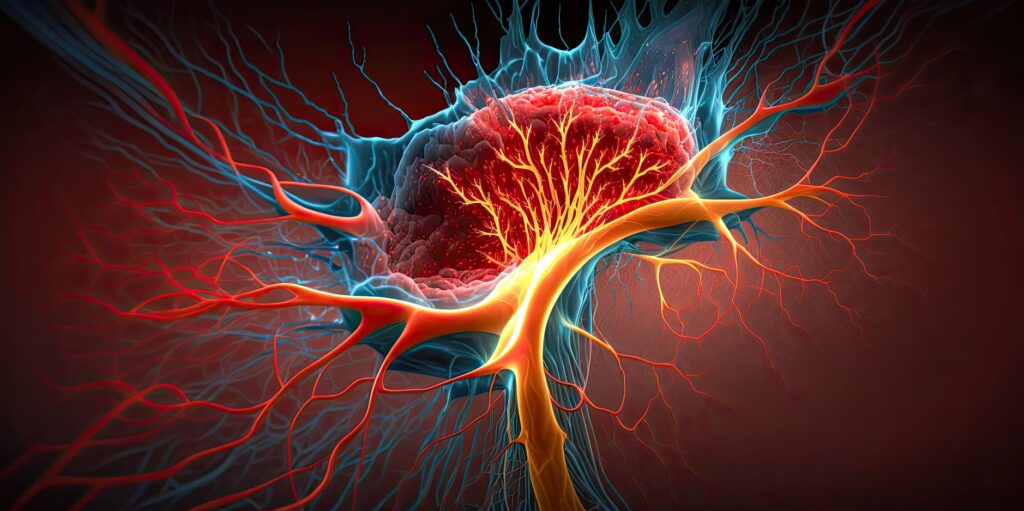
Understanding Arteriovenous Malformation (AVM) in the Brain: Insights for Neurologists
Arteriovenous Malformation (AVM) in the brain is a complex, neurovascular condition that presents unique challenges and considerations for neurologists. This blog aims to delve into

Demystifying Deep Brain Stimulation: Separating Myths from Facts
Deep Brain Stimulation (DBS) has emerged as a groundbreaking treatment for neurological disorders, yet misconceptions persist. In this article, we debunk common myths and present

Herniated Discs: Understanding, Managing, and Preventing Spinal Discomfort
A herniated disc, often referred to as a slipped or ruptured disc, can cause pain, numbness, and in severe cases, may require medical intervention. To

Everything You Need to Know About Cervical Spondylosis (Arthritis of the Neck)
Cervical Spondylosis is an age-related wear and tear in the neck (cervical spine). It is considered arthritis of the neck. Although neck pain can be

Simple Tips for Managing Cervical Spondylosis: Reducing Neck Pain and Improving Mobility
Cervical spondylosis, a common neck condition, can cause pain and stiffness. Follow these easy tips to manage it effectively: By following these simple tips, you

Alzheimer’s Disease and Brain Health: What You Need to Know
Alzheimer’s disease is a type of dementia that affects memory, thinking, and behavior. It is a progressive disease that gradually destroys brain cells, causing cognitive

Understanding Dementia: Types, Symptoms, and Risk Factors
Dementia is a complex cognitive condition that affects millions of individuals globally, presenting profound challenges for patients and their families. In this comprehensive blog, we’ll

Learn All You Can About Dementia
Dementia is the loss of mental skills that affect your daily activities. It can cause problems with your memory, thought control, and judgment. Your chances

Yoga for Dementia Care: Simple Ways to Bring Comfort and Connection
Dealing with dementia isn’t easy, but there’s a calming and beneficial solution you might not have considered: yoga. Let’s explore how simple yoga practices can

Nourishing the Mind and Body: How Diet Impacts Dementia
What we eat not only fuels our bodies but also influences our cognitive health. In this blog, we explore the vital connection between diet and

Understanding Hydrocephalus: A Deep Dive into Diagnosis and Management
Hydrocephalus is an often-misunderstood neurological condition, yet it’s a critical term in the neurology lexicon. At its core, hydrocephalus—commonly referred to as “water on the

Understanding c (AVM) in the Brain: Insights for Neurologists
Arteriovenous Malformation (AVM) in the brain is a complex, neurovascular condition that presents unique challenges and considerations for neurologists. This blog aims to delve into

Navigating the Maze: Understanding Multiple Sclerosis
Living with a chronic illness can often feel like navigating a complex maze, with twists, turns, and unexpected challenges at every corner. Multiple Sclerosis (MS)

Know More About Multiple Sclerosis
A chronic autoimmune disorder that affects the central nervous system (CNS). It occurs when the immune system attacks the myelin sheath that surrounds the nerve

CPA Tumors Demystified: Key Approaches for Diagnosis and Management
The cerebellopontine angle (CPA) is a region of the brain that, despite its small size, plays a pivotal role in neurosurgical diagnoses. CPA tumors, although

Know About Migraine
Migraine is a neurological disorder that causes recurring headaches, often accompanied by other symptoms such as nausea, vomiting, and sensitivity to light and sound. Symptoms

The Silent Killer: Recognizing and Preventing Brain Strokes
Brain strokes, also known as cerebrovascular accidents (CVA), are one of the leading causes of death and disability worldwide. It occurs when the blood flow

Understanding Trigeminal Neuralgia: Unveiling the “Suicide Disease”
Trigeminal Neuralgia, often referred to as the “Suicide Disease,” is a debilitating neurological condition characterized by sudden and intense facial pain. Causes and Symptoms: Diagnosis:

All About Trigeminal Neuralgia
Trigeminal Neuralgia (TN) is a chronic pain disorder that affects the trigeminal nerve, which carries sensory information from the face to the brain. The condition

Know About Lower Back Pain
Lower back pain refers to discomfort or pain in the area of the lower part of the back, usually between the rib cage and the

Trauma Care: Effective Coping Strategies and Treatment Options
Trauma can profoundly impact an individual’s emotional and physical well-being, stemming from various experiences like accidents, violence, or abuse. Trauma care plays a crucial role
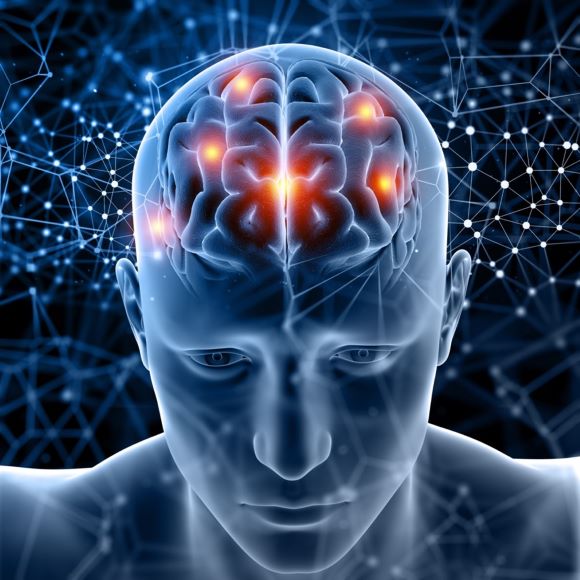
Understanding Hydrocephalus: A Deep Dive into Diagnosis and Management
Hydrocephalus is an often-misunderstood neurological condition, yet it’s a critical term in the neurology lexicon. At its core, hydrocephalus—commonly referred to as “water on the

Brain Stroke: What Is It?
Brain stroke happens when the blood supply to the brain is blocked. When the blood supply is blocked, the brain does not get enough oxygen